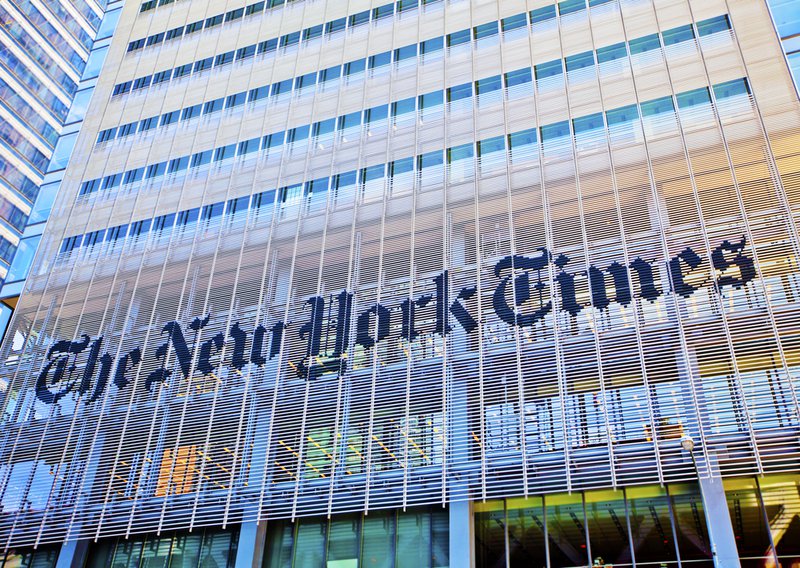
Stuart Monk / Shutterstock.com
Feb. 4, 2011
Evgeny Morozov's book The Net Delusion was reviewed in the New York Times.
Just a few years ago, all anyone could talk about was how to make the Internet more free. Now all anyone can talk about is how to control it.
Book and newspaper publishers look for ways to protect their original content. Parents seek to shield their children from cyberbullying. Legislators explore mechanisms that will defend people’s privacy. Governments try to find the means to keep classified materials from leaking onto the Web. Entrepreneurs and public figures struggle to keep rivals or enemies from slandering them or their businesses. And more and more of us are terrified of being watched, filmed and uploaded, about as terrified as other people are titillated by watching, filming and uploading.
The miraculously convenient technology of the Internet has created an unprecedented simultaneity of moral functions. Julian Assange of WikiLeaks is like an incarnation of Shiva, the Hindu god of creation and destruction. It turns out that what was recently considered a brave new age of information was actually the first spasm in a long process of cultural realignment. We are all used to thinking of Google as though it were synonymous with the word “future.” In 50 years, people will be talking about Google the way we talk about the East India Company. We are still wobbling in the baby steps of the Internet age.
As Evgeny Morozov demonstrates in The Net Delusion, his brilliant and courageous book, the Internet’s contradictions and confusions are just becoming visible through the fading mist of Internet euphoria. Morozov is interested in the Internet’s political ramifications. “What if the liberating potential of the Internet also contains the seeds of depoliticization and thus dedemocratization?” he asks. The Net delusion of his title is just that. Contrary to the “cyberutopians,” as he calls them, who consider the Internet a powerful tool of political emancipation, Morozov convincingly argues that, in freedom’s name, the Internet more often than not constricts or even abolishes freedom.